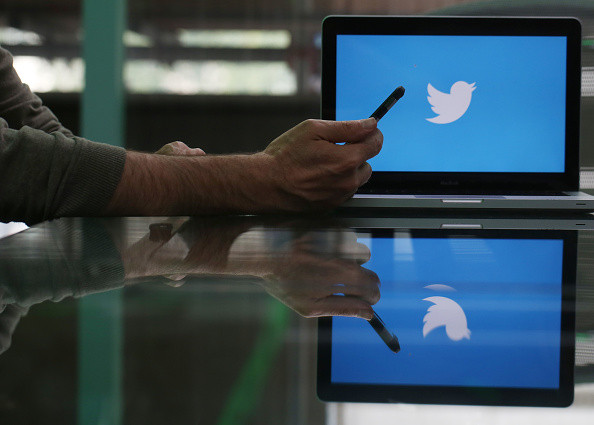Saudi Arabia: Man sentenced to 10 years in jail and 2,000 lashes for atheist posts on Twitter

A man in Saudi Arabia has been sentenced to 10 years in jail and 2,000 lashes for expressing atheist views on Twitter. The country's religious police – known as the Hai'a – that monitors social networks, found that the 28-year-old had sharing hundreds of atheist tweets.
According to Saudi newspaper Al Watan, the country's Commission for the Promotion of Virtue and the Prevention of Vice found that the man had shared more than 600 tweets, where he "denied the existence of God and ridiculed the Quran". He also accused all prophets of lying and said their teaching had fuelled hostilities and wars, the paper reported.
The man reportedly admitted to being an atheist and refused to repent when he appeared in front of a Saudi Arabian court in Riyadh. He said his views were his own and he had the right to express them. The man was also fined 20,000 riyals (£3,820, $5,300).
In 2014, Saudi Arabia introduced new counter-terrorism laws, which classified atheists as terrorists. With the new laws, the country's Interior Ministry has the legal right to jail or spy on people's communications without judicial oversight.
"The new terrorism law gives Saudi officials a tool to silence anyone who says anything they don't like, all in the name of fighting terrorism," Joe Stork, the deputy director of Human Rights Watch in the Middle East said.
Twitter is popular among Saudis, who make up 4% of its users, even though the country's leading religious cleric, Sheikh Abdul Aziz al-Sheikh, has condemned its use. He had said Twitter is "the source of all evil and devastation. People are rushing to it thinking it's a source of credible information but it's a source of lies and falsehood", he had said.
However, in April 2015, Hai'a activated its own Twitter account under the username @PvGovSa. It decided to take to the social platform to improve the public image of the religious police, Saudi Gazette reported.
© Copyright IBTimes 2025. All rights reserved.





















